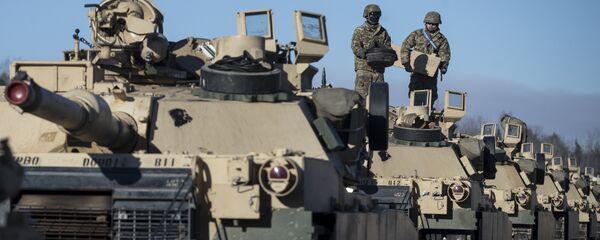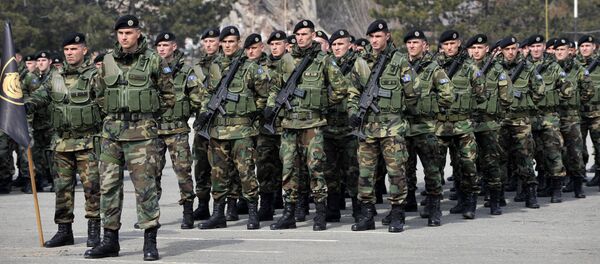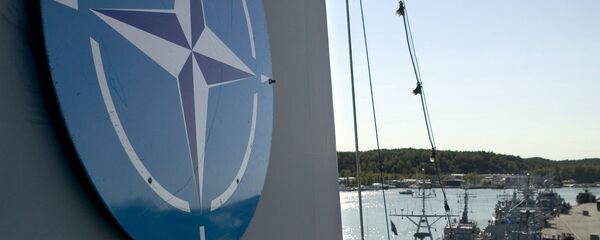WASHINGTON (Sputnik) — Scaparrotti added that while the current capacity is sufficient, it is not his ideal for work to "deter Russia, assure our allies, build their capacity, work with them on the basis we need to work with them."
"In Europe, I don’t have the carrier or the submarine capacity that would best enable me to do my job at EUCOM [US European Command]," Scaparrotti told the US Senate Armed Services Committee.
The United States must continue positioning nuclear weapons in Europe and NATO should remain a nuclear alliance, the US European Command head added.
When asked if he agrees that NATO must remain a nuclear alliance and the United States must continue to station nuclear weapons on the European continent, Scaparrotti said, "Yes, senator, absolutely I do."
Scaparrotti explained that such an approach provides an immediate response that is within the NATO alliance versus solely the United States.
"It represents the alliance in a response by 28 nations, a commitment by 28 nations that we’ll deter and we’ll deter their nuclear forces. I think that alone is significant," he explained.
Scaparrotti also said the approach allows to undertake other options because "we have not only the United States, but other contingents that provide essential capabilities within that nuclear capability."
The decision came after US President George Bush decided to withdraw from the Anti-Ballistic Missile Treaty in 2001. The treaty was signed by the United States and the Soviet Union in 1972.
A group of European countries, including Poland, Romania, Spain and Turkey, agreed to deploy elements of the ballistic missile defense system on their territories.
The US European Command head also stated that the United States must improve its security capabilities in the Arctic and the North Atlantic due to Russia’s military activity in those areas.
"We clearly need to invest more in the kind of assets that help us in the Arctic," Scaparrotti said.
Scaparrotti noted concerns about capabilities in the High North of the Arctic and the security of the North Atlantic.
On March 17, the Russian Navy announced plans to build up its presence of submarines in the Arctic Basin to ensure state security.
Never miss a story again — sign up to our Telegram channel and we'll keep you up to speed!




